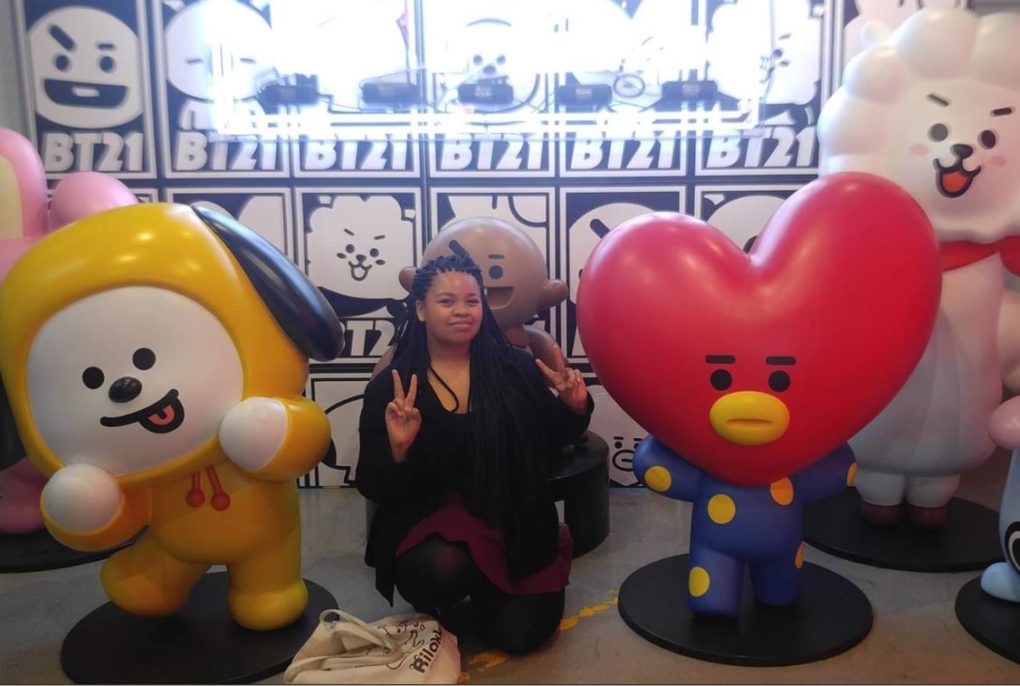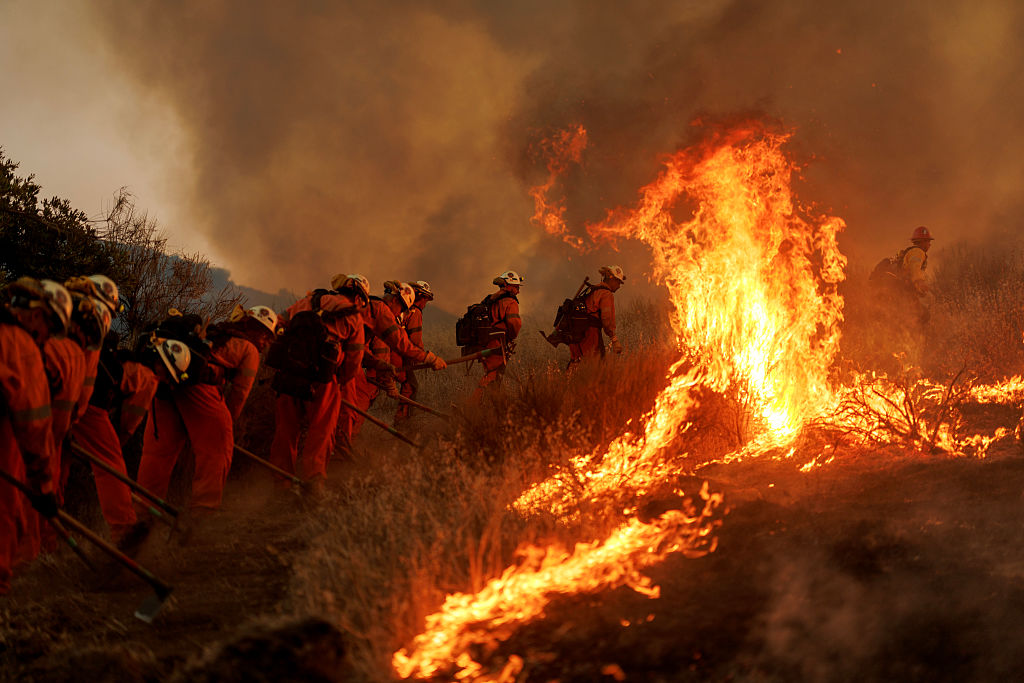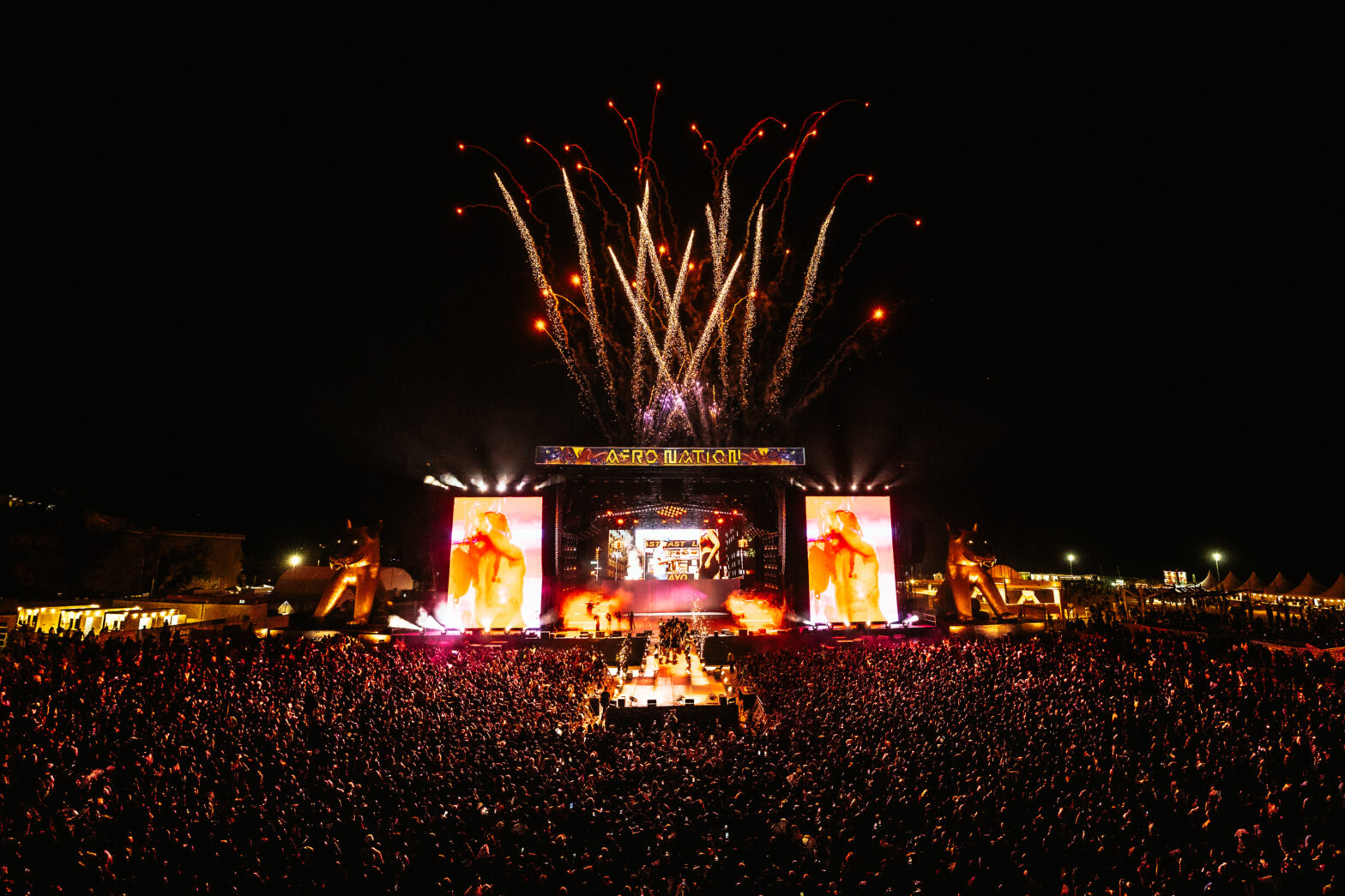GenZ’ers, commonly known as Generation Z, had to navigate early adulthood in the midst of a global pandemic, which South Korea study abroad student Madison McClain recalls in detail.
Her fascination with Asian culture, from anime to K-pop, led to the realization of a childhood dream: studying abroad in South Korea. Following this, Madison earned her bachelor’s degree in East Asian studies from Wesleyan University in May 2020.
“It was a perfect time to graduate-the height of the pandemic!” Madison joked to Travel Noire. But she took it in stride and didn’t allow anything to dampen her passion for all things Korean, from the food to the language. She’d been immersing herself in the culture since she was 13, and it kept her grounded during the challenging transition to adulthood.
“I wanted to learn the language and understand the culture more as I was struggling with my own identity as a Black woman with Jewish heritage in America,” Madison explained. “I was feeling lost and disconnected from both cultures because I felt I didn’t really fall under either fully. My concept of Blackness then was very specific and stereotypical, and not fitting into it exactly made me feel isolated and deprived of a sense of community. And at that time in my life, I wanted to be anything but an outcast.”
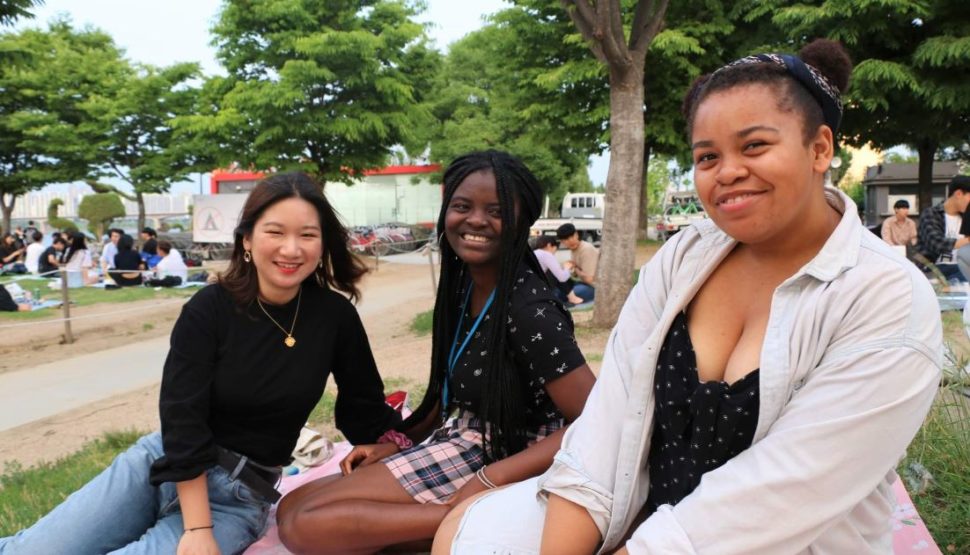
While in high school, Madison and her colleagues took free Korean classes offered by a teacher at another school. Over two years, her vocabulary and grammar improved, and the teacher gave Madison a Korean name, Hyerin (혜린), which she still uses when interacting with the Korean community. Enrolling at Wesleyan allowed her to kick her Korean studies into high gear. She devoted hours to studying, kept journals using whatever Korean she knew, and watched television shows and movies to get a better grasp of tricky pronunciation.
“My Korean teacher at Wesleyan, shout out to Professor Back, was my favorite,” Madison said. “She would not only teach us the language, she invited us for homemade food as a celebration at the end of the year. I was able to learn so much thanks to her dedication to her students and amazing methods of teaching.”
What is it about Korean culture that appeals to Madison? And what was it like when she went to South Korea?
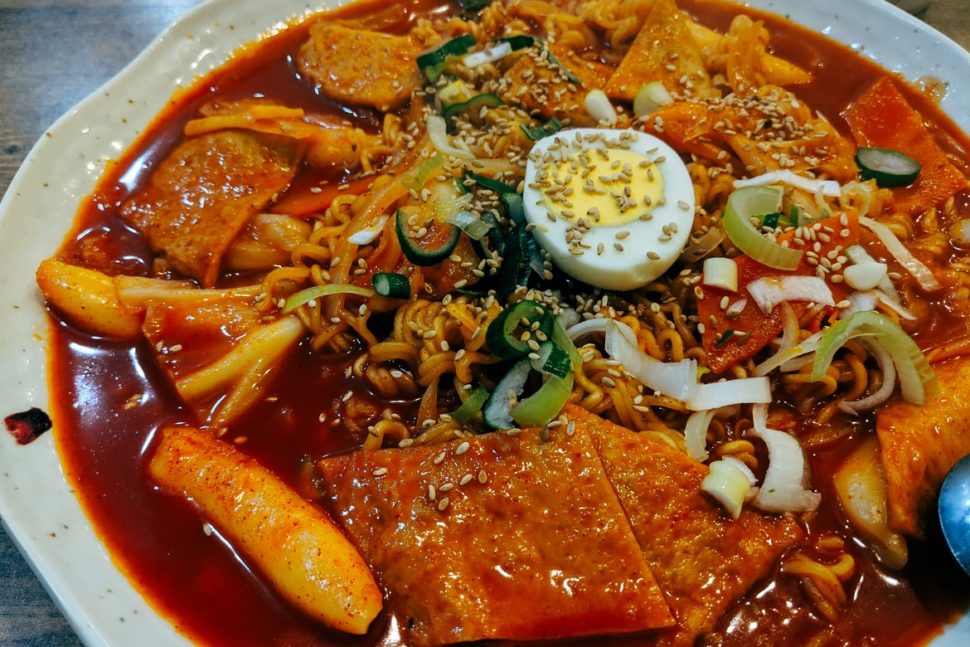
“Korean food is delicious, and the history of the peninsula is much more complex than what we learn in school, so I just wanted to consume as much information as I could because it was interesting,” she said. “To be honest, I didn’t feel too much of a cultural shift when I visited because I was already introduced to a lot of the differences. I was very lucky to have an amazing Korean studies professor who explained the social nuances in depth. From knowing how to use honorifics for those who are older, to eating corn on pizza, I felt really prepared for my travels thanks to her.”
Still, in the months preceding her arrival in Seoul, Madison did have some concerns. Not only would it be her first time out of the country, she wondered how she would be received as somebody who read as an obvious outsider.
“I was really worried about discrimination, so I did some Google searches. Of course, when I got there, there were the stares on the street, which was pretty daunting. Other times, we were told ‘no foreigners allowed’ when trying to get into some clubs and karaoke spots. But I didn’t have any major problems, and I chalk this up to being able to speak the language. As a guest in their country, I wanted to make sure I spoke Korean constantly, and didn’t come to a conversation expecting anyone to accommodate me. There were quite a few people that spoke to me in English, but responding in Korean definitely improved the overall atmosphere of the interaction.”
Madison spent one semester of her Junior year in South Korea, and enrolled at Yonsei University. When she wasn’t taking intensive classes during the week, she was out exploring with friends; applying her Korean to real-life situations. They visited Gyeongbokgung, one of the Grand Palaces built during the Joseon dynasty, went shopping in Hongdae, and took a ferry to the island of Nami.
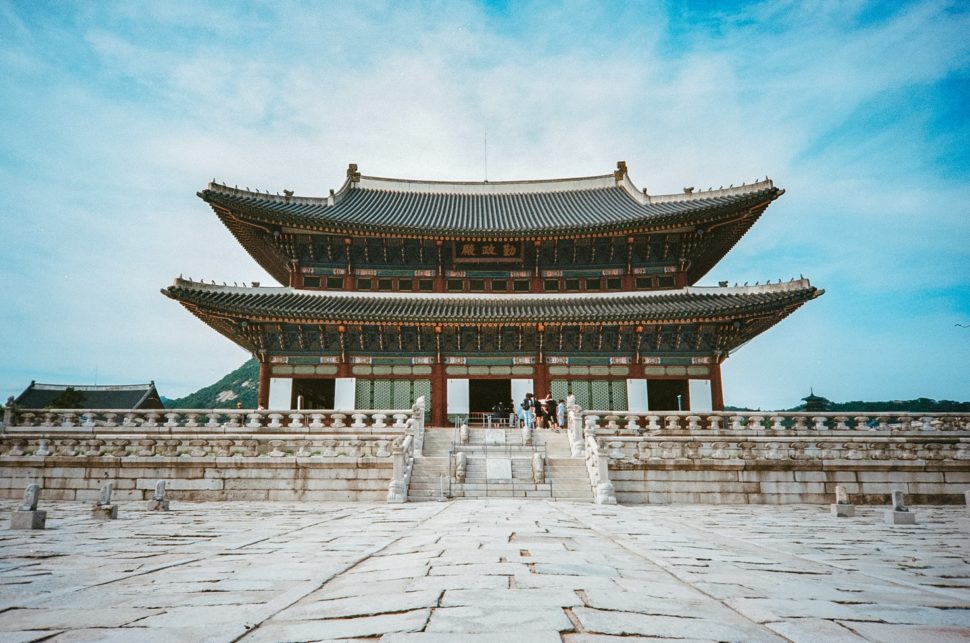
Above all, Madison was happiest among other K-pop fans, and she got to meet many while abroad.
“The Yonsei University Spring Festival had several artists perform: Twice, Red Velvet, IU, ZICO, and Beenzino. This lineup was something to behold and the liveliness of the crowd was insane. From the performances to the audience chants, it was something I never experienced before. What I loved was that I was in a community of fellow K-pop fans, Korean and non-Korean, having fun.”
Progressive values and transcending cultural differences matter to people in Madison’s age bracket. Moreover, the prevalence of social media enables them to dive into the travel landscape with ease and confidence. Unlike Millennials, who wrestled with dial-up in the early days of the internet, Gen Z’ers are the “connected” generation; using Instagram, TikTok and other platforms to further their knowledge of travel and other topics. Not to say that their older cohorts are incapable of the same, but Gen Z’ers are the only ones thus far with no recollection of life without social media.
“I think visibility and transparency via social media influence our travel decisions,” Madison said. “I don’t want to generalize our entire generation, because that is something we do a lot these days. But I do feel like there are quite a few of us who are practicing a more empathetic approach to travel. We are listening more to the people we affect with our travel decisions, because their voices are more readily available, and it is changing how we plan trips. This isn’t to say that older generations aren’t empathetic, rather, the influx of new technology and our ability to wield it in a variety of ways have allowed us to be more aware of how we affect others.”
Follow Madison on Instagram @sketch.hers_.
